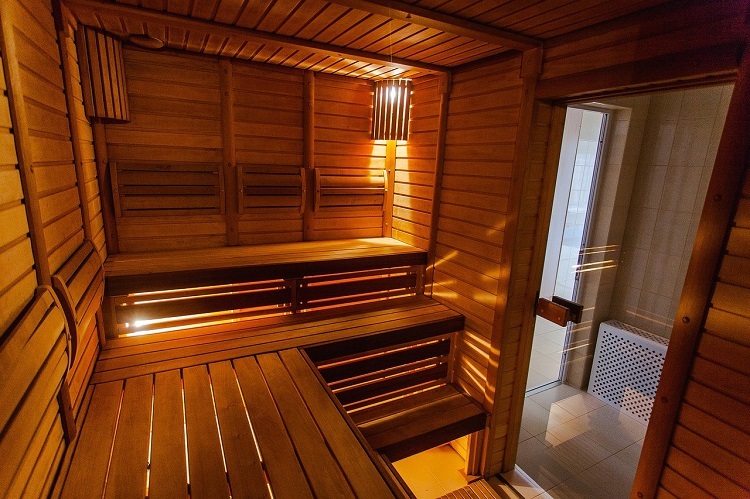Target shooting is a precision sport that demands not only skill and practice but also the right equipment. Among the most crucial pieces of equipment is the rifle itself. Choosing the best rifle for target shooting can be a daunting task, especially for beginners. Here, we will discuss expert tips to help you select a rifle that not only suits your needs but also enhances your shooting experience.
1. Understanding Your Shooting Discipline
Before diving into rifle specifics, it’s important to understand the type of target shooting you will be participating in. Different disciplines such as benchrest, F-Class, or precision rifle shooting require different types of rifles. For instance, benchrest shooting typically requires highly accurate and stable rifles, while F-Class shooting might require a rifle with a higher caliber for long-distance accuracy.
2. Rifle Action Types
The action of a rifle, which is the mechanism that loads, fires, and ejects cartridges, plays a significant role in your shooting performance. Bolt-action rifles are popular for their accuracy and reliability, making them a common choice for precision target shooting. Semi-automatic rifles like the AK-47 can offer faster shot sequences but might trade off a bit of accuracy. Choose the action that fits your shooting style and the requirements of your discipline.
3. Caliber and Ammunition
The caliber of the rifle should be chosen based on the shooting distance and the type of targets. For long-range target shooting, larger calibers like the .308 Winchester or 6.5 Creedmoor are preferred due to their long-distance accuracy and ballistic performance. For shorter ranges, smaller calibers like the .22LR might be adequate and more economical.
4. Barrel Characteristics
The barrel is a critical component of any target rifle. A heavier and longer barrel generally provides better stability and accuracy, which is vital for target shooting. However, the added weight might be a consideration if the rifle will be used in scenarios where mobility is important. Also, pay attention to the barrel’s twist rate, as it needs to match the bullet weight you plan to use.
5. Optics and Sights
A good rifle scope or sighting system is essential for target shooting. The choice of optics should be based on the shooting distance and the shooter’s preference. High magnification scopes are preferred for long-range shooting, while a lower magnification might suffice for shorter ranges. Ensure the scope has a clear reticle that suits your shooting style and offers good eye relief.
6. Stock and Rifle Ergonomics
The stock of the rifle contributes to the shooter’s comfort and the weapon’s overall ergonomics. Adjustable stocks are highly recommended as they can be tailored to fit the individual shooter, providing better control and comfort. The material of the stock (wood, synthetic, composite) also affects the rifle’s weight and balance.
7. Trigger Mechanism
The trigger is an often overlooked but crucial part of a target rifle. A good trigger should have a clean, crisp break and should be adjustable to suit the shooter’s preference. A lighter trigger pull is generally preferred in target shooting for increased accuracy and reduced chance of pulling the shot.
8. Rifle Weight and Balance
The overall weight and balance of the rifle can affect your endurance and accuracy, especially in shooting disciplines that require holding the rifle for extended periods. A well-balanced rifle will feel more comfortable and will help in maintaining steady aim.
9. Accessories and Customization
Consider the availability of accessories and customization options for the rifle. Being able to add a bipod, sling, or different grips can enhance your shooting experience. Also, the ability to upgrade components such as the barrel or trigger mechanism in the future is a plus.
10. Budget and Brand Reliability
Lastly, consider your budget. While it’s tempting to go for the top-of-the-line model, there are many reliable and accurate rifles available at various price points. Research brands and read reviews to ensure you’re getting a good quality rifle for your investment.
Conclusion:
Choosing the best rifle for target shooting is a balance of many factors including the type of shooting discipline, rifle characteristics, and personal preferences. Remember, a rifle that feels right and suits your style will always aid in better performance. It’s always a good idea to try different rifles, if possible, before making a purchase. With these expert tips in mind, you’re well on your way to selecting a rifle that will serve you well in your target shooting endeavors.















